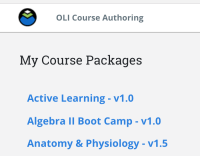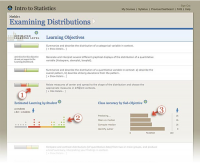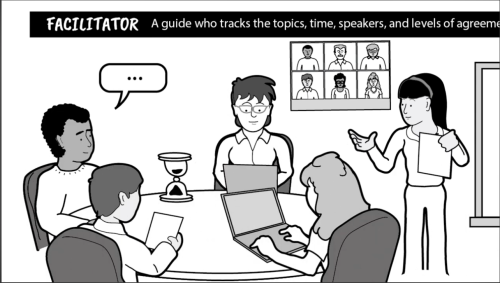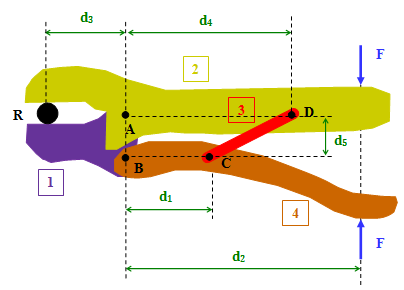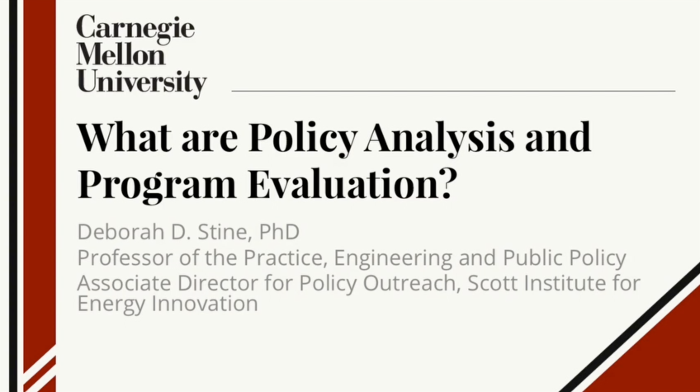What learners will learn
By the time they finish this course, learners will learn or be able to:
- Describe the different types of evidence synthesis methods and guide scholars in choosing appropriate methods for their synthesis research question
- Construct and document reproducible search strategies for systematic and scoping reviews, including source selection and grey literature approaches.
- Guide scholars to guidelines and standards for evidence synthesis.
- Use tools like citation manager and screening software to support evidence synthesis projects.
Learning objectives by module
Module 0 – Welcome – What to Expect
Module 1 – Introduction to Evidence Synthesis
- Define evidence synthesis.
- Understand the value of evidence synthesis across the disciplines.
Module 2 – Exploring Different Review Methodologies
- Define different types of evidence synthesis methods including systematic review, meta-analysis, scoping reviews, systematic maps and rapid reviews.
- Compare and contrast scoping and systematic reviews and describe the contexts in which these methods would be applied.
Module 3 – Reproducibility, transparent methods, and pre-registration
- Define reproducibility
- Define replicability
Module 4 – Evidence synthesis steps and librarians as co-investigators
- Identify the high-level steps of evidence synthesis.
- Describe the role of librarian in supporting systematic reviews.
Module 5 – Systematic review guidelines / checklists / reporting standards
- Compare and contrast the difference between reporting and conducting guidelines.
- Locate reporting and conducting guidelines
Module 6 – Introduction to protocols and protocol registration (ZP)
- Describe the rationale for public registration of a protocol
- Describe the elements of a protocol
- Select a suitable registry (repository) for an ES protocol
Module 7 – Formulating a research question
- Define the Goldilocks principle.
- Define the Russian Doll Principle.
- Apply the Goldilocks principle, russian doll principle to create appropriately scoped questions.
Module 8 – Frameworks (Eg., PICO) and eligibility criteria
- Define PICO & other research frameworks in order to create focussed research questions & effective search strategies
- Define inclusion and exclusion criteria in order to
Module 9 – Reference Interview
- List an initial set of prompt questions that would be useful in a reference interview for an evidence synthesis project
- Compare and contrast prompt questions you would use in an evidence synthesis reference interview versus a traditional reference interview.
- Identify the institutional/contextual factors that influence an evidence synthesis reference interviews.
- Describe how disciplinary differences might influence an evidence synthesis reference interviews.
- Understand the importance of negotiating expectations (for the role that the librarian will play) in an evidence synthesis reference interview.
Module 10 – Selecting databases for evidence synthesis
- Explain why multiple sources should be searched in a systematic review
- Understand the limits of Google Scholar
Module 11 – Developing a systematic search
- Compare and contrast traditional database searching and systematic review searching
- Construct an effective concept-blocked search strategy correctly using various search elements such as subject headings, keywords and operators.
- Use database syntax and field searching appropriately in the design of a systematic review search strategy
- Explain how and when to use search filters, limits and hedges in a systematic review search
- Run searches making use of database features for saving and exporting search results
Module 12 – Adapting Searches Across Database Platforms
- Adapt the different elements of a search from one database to another using the correct database syntax
Module 13 – Supplementary Search Methods and Documenting Your Searches
- Use a variety of supplementary searching methods to identify additional studies not found through database and gray literature searching
- Explain the utility and importance of documenting your searches during a systematic review.
- Document the search methods for reporting and reproducibility.
Module 14 – Grey Literature
- Define and provide examples of types of grey literature.
- Design and document a search process for grey literature sources.
Module 15 – Writing the methods section and the PRISMA Flow Diagrams
- Identify an appropriate reporting guidelines for your review project
- Select the appropriate template for PRISMA flow diagrams
- Assess a search methods section against the PRISMA-S guidelines
How to cite this course
Kocher, M., Riegelman, A., Kibbee, M., Young, S., Bostrom, M., Marsalis, S., and Premji, Z. Evidence Synthesis for Librarians and Information Specialists. Open Learning Initiative, 2024. Available from https://oli.cmu.edu/courses/evidence-synthesis-for-librarians-and-information-specialists-o-f/
System requirements
OLI system requirements, regardless of course:
- internet access
- an operating system that supports the latest browser update
- the latest browser update (Chrome recommended; Firefox, Safari supported; Edge and Internet Explorer are supported but not recommended)
- pop-ups enabled
- cookies enabled
Some courses include exercises with exceptions to these requirements, such as technology that cannot be used on mobile devices.
This course’s system requirements:
- If the learner is working with an instructor in a distance-learning situation, chat environment and videoconferencing software.
Cost and payment options
No cost to learners
The enrollment cost of this course is covered by a grant from the Institute of Museum and Library Services (RE-246347-OLS-20).


